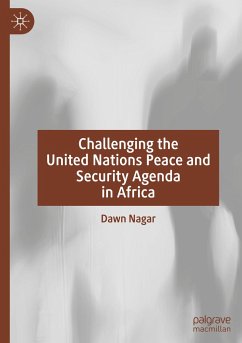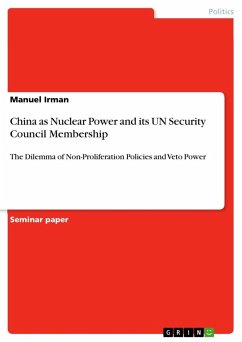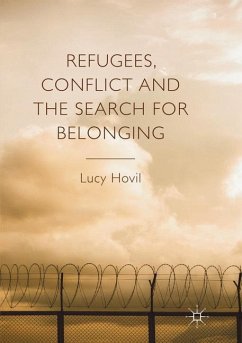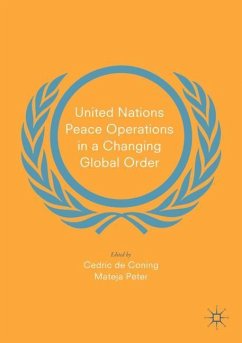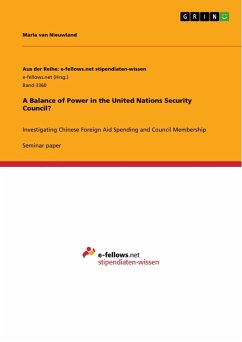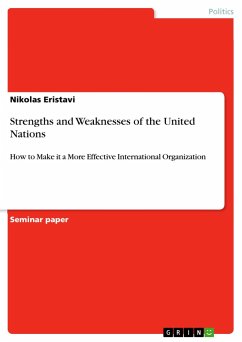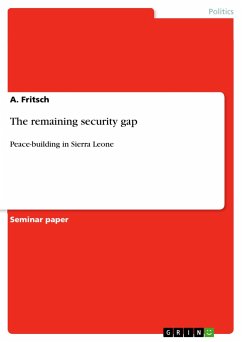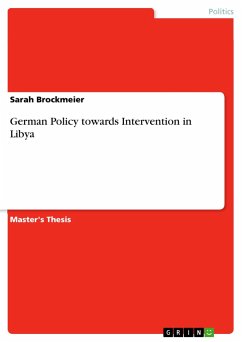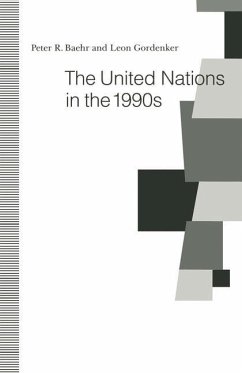
Challenging the United Nations Peace and Security Agenda in Africa
Versandkostenfrei!
Versandfertig in 6-10 Tagen
91,99 €
inkl. MwSt.
Weitere Ausgaben:

PAYBACK Punkte
46 °P sammeln!
This book concerns the United Nations' peacemaking, peacekeeping, peace-building, and post-conflict reconstruction efforts in Africa from 1960 to 2021. Succinctly discussed are historic and contemporary peace, security, and economic engagements within 18 countries spanning eight African regions: the Great Lakes; the Economic Community of Central African States; East Africa; the Horn of Africa; North Africa; the Sahel Region; West Africa; and Southern Africa. The book develops a neo-realist and imperialist critique that discusses how resource-rich, conflict-ridden states have become easy target...
This book concerns the United Nations' peacemaking, peacekeeping, peace-building, and post-conflict reconstruction efforts in Africa from 1960 to 2021. Succinctly discussed are historic and contemporary peace, security, and economic engagements within 18 countries spanning eight African regions: the Great Lakes; the Economic Community of Central African States; East Africa; the Horn of Africa; North Africa; the Sahel Region; West Africa; and Southern Africa. The book develops a neo-realist and imperialist critique that discusses how resource-rich, conflict-ridden states have become easy targets for capitalists, terrorists, and transnational crime, aligned to geostrategic parochial interests. Critically argued is that endogenous economic growth factors, if applied effectively, can achieve both peace and security, and meet the Global Sustainable Development Goals. Such efforts require constructive engagement with the five permanent members of the UN Security Council: China, France, Russia, the UK, and the US. However, the book contends that the cornerstone of multilateral engagement involves Africa's 55 states and the African Union's three major pillars: the Peace and Security Council, the African Governance Architecture, and the Post-Conflict Reconstruction Development Centre, which have the ability to move resource-rich, conflict-ridden states out of transnational crime and poverty.
This book offers wide-ranging analyses of contemporary African diplomacy and a compelling critique of UN peacekeeping efforts in Africa, which resonates to scholars of international relations, peace and conflict studies, and African politics.
This book offers wide-ranging analyses of contemporary African diplomacy and a compelling critique of UN peacekeeping efforts in Africa, which resonates to scholars of international relations, peace and conflict studies, and African politics.



